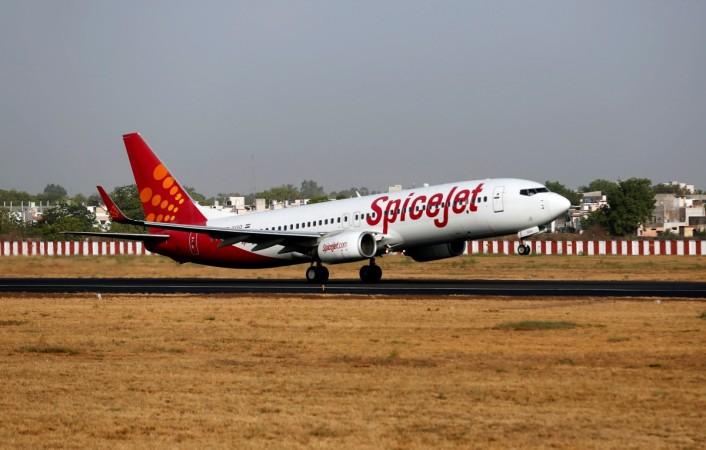
The central government has hinted that capping airfares would have an adverse impact and could increase the cost of travel for as much as 99 percent of passengers.
"Pricing deregulation has allowed competition to bring down prices dramatically in India, making it one of the lowest-fare markets in the world," a statement from the Ministry of Civil Aviation read as quoted by PTI.
Recently a report was tabled in Lok Sabha which suggests an upper limit for airfares and recommends not to levy more than 50 percent of the base fare for ticket cancellation.
Earlier in December, aviation regulator, Directorate General of Civil Aviation (DGCA) can no longer charge a flat Rs 3,000 for cancellation of tickets. According to the rules, the cancellation charges should not exceed the base fare and fuel surcharge.
"We believe cancellation charges are on the high side and onerous for passengers. The Rs 3,000 fee is in many cases more than the price of the ticket itself. Our UDAN (subsidised regional flying) scheme has capped fares at Rs 2,500 per hour of flying. These cancellation charges need to be brought back into balance," minister of state for civil aviation Jayant Sinha then said.
"Please note that only between one percent and two percent of tickets are transacted at the highest fare basket. A capping of fares could raise prices for the 98-99 percent of the passengers," the aviation ministry statement read.
The ministry further said that mostly the airlines remain compliant with the regulations as long as the fare charged by them does not exceed the fare, the agency reported.
The ministry statement said that any instance of high tariffs can be brought to the attention of DGCA and proper investigation will be conducted for the same.
The number of complaints received every year is minimal hence there is no need to tweak rules as of now, it added. In 2017, grievance redressal portal—AirSewa received less 10,000 complaints from nearly 12 crore passengers flow in the same year.
At present, the ministry is working on the air passenger bill, which will inform passengers about their rights and responsibilities.
Urging the government to intervene, a report by the Parliamentary Standing Committee on Transport, Tourism and Culture noted, "airlines are charging more than ten times of the advance booking fare" and that "deregulatory environment does not mean unlimited freedom of exploitation."

















